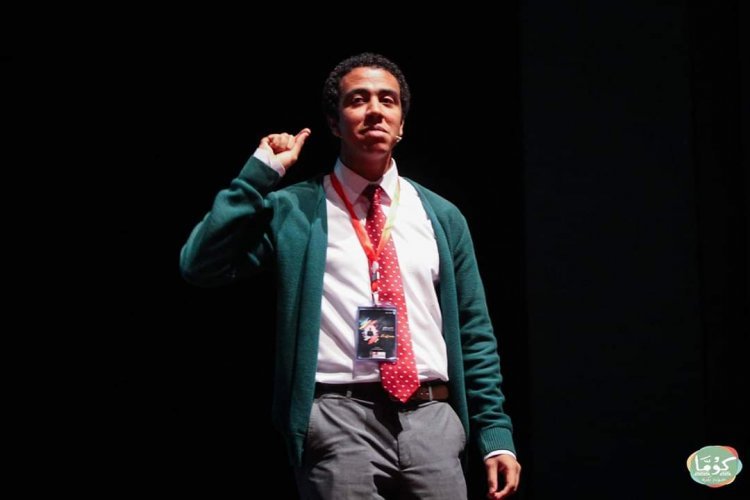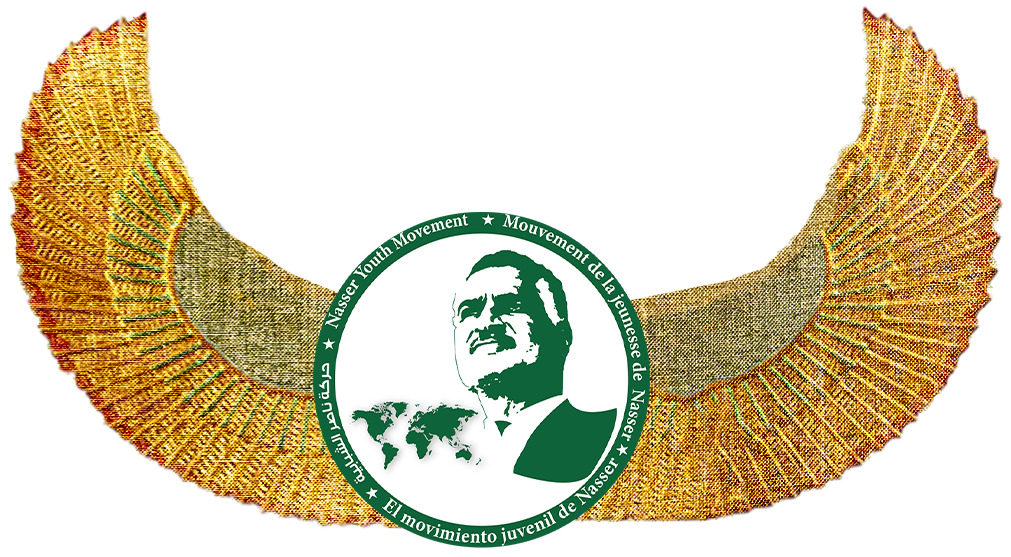Ghazaly announces the launch of the Cultural Program for the year 2023... “Taha Hussein, a project for the future” next Saturday

Hassan Ghazaly: Taha Hussein and Gamal Abdel Nasser were remarkably close, and they had respect for each other
Nasser Movement Founder: July Revolution considered Taha Hussein's education project and implemented it.
Hassan Ghazaly, the Founder of the Nasser Youth Movement, announced the launch of the cultural program “Taha Hussein, a project for the future” under the auspices of Gamal Shiha Foundation for Education, Culture and Sustainable Development, in cooperation with the Egyptian Writers Union, next Saturday, January 28, 11:30 a.m., at the headquarters of the General Syndicate of the Egyptian Writers Union on Hassan Sabry Street, Zamalek. His first seminars come under the title “Taha Hussein and the Mediterranean Sea” presented by Prof. Dr. Mohamed Afifi, Professor of Modern and Contemporary History at the Faculty of Arts, Cairo University, and followed by a lyrical artistic show by the artist Ahmed Ismail. The meetings are scheduled to be organized weekly throughout 2023, in the presence of a group of intellectuals in Egypt, with the participation of five faculties specializing in humanities.
Ghazaly, the General Coordinator of the Cultural Program, added, "Taha Hussein is a project for the future," stressing the extent of the interrelationship and convergence between Taha Hussein's thoughts and the dreams and the principles, the late leader Gamal Abdel Nasser advocated. The former, with his ideas and books, fought manifestations of backwardness, ignorance, and the past that hindered Egypt from enlightenment, progress, and civilization. The latter led a revolution for independence, civilization, development, and education, indicating that this was the cause of both men. Taha Hussein called for “education like water and air,” and Abdel Nasser decided that education should be free in all its stages.
Ghazaly added, stressing that Taha Hussein, the Dean of Arabic Literature, did not conceal his support for July Revolution from the very beginning and supported its decisions that backed the people through his writings and articles. On the other hand, he received all the appreciation, honor, and attention from the Revolution leadership. As, he won the State Appreciation Award in 1958, which was handed to him by President Gamal Abdel Nasser himself at the time, and Abdel Nasser also awarded him the Order of the Nile, the highest medal of the state in 1965.
On his part, Dr. Jamal Shiha, Rapporteur of the Education and Scientific Research Committee of the National Dialogue and Chairman of the Board of Trustees of the Foundation, said that the program comes to commemorate the legacy of the Dean of Arabic Literature on the occasion of the 50th anniversary of his death since 1973, pointing out that seminars and workshops will be held throughout the year 2023, two seminars monthly at the Foundation’s headquarters in Downtown, Cairo with the partner institutions. He stressed the responsibility of restoring Taha Hussein's ideas aimed at building a modernist and enlightening critical mind, which accepts the other, discusses and dialogues with argument and proof. This mindset is resulted also from the features of Hussein’s cultural project that still accompanies us now. We tackle issues of culture, education, and enlightenment, pointing out that the Shiha Foundation relies on the dean's systematic vision to advance the education system in Egypt and achieve leadership.
Moreover, it should be noted that Taha Hussein, the Dean of Modern Arabic Literature and the pioneer of enlightenment, left us a great cultural legacy that can be invested in rebuilding the cultural present we are witnessing now. He had a great influence on the modern cultural movement in the Arab world and particularly on the Egyptian renaissance movement, which gives his enlightenment project great importance that the cultural elites and educational and intellectual institutions, official and unofficial, responsible for reviving it.

